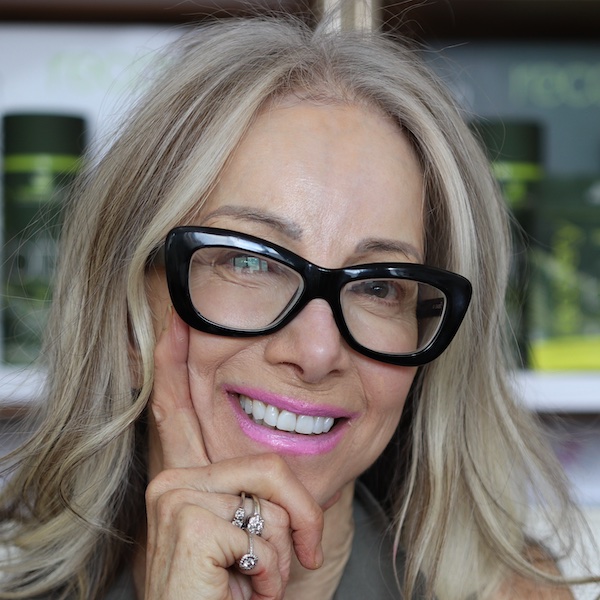
Episode
59
Study shows people aging more slowly than two decades ago
Eileen Crimmins: Professor of Gerentology, USC
We may not have completely mastered aging just yet, but we might be in the process of truly delaying it, according to Dr. Eileen Crimmins. The AARP Professor of Gerentology at the University of Southern California Leonard Davis School of Gerontology studies health and mortality rates and global aging. After analyzing national health data in the US, Dr. Crimmins and her colleagues concluded something quite inspiring – Americans are biologically younger now than they were 20 years ago. “The biological age has dropped remarkably,” she says. Heart-disease deaths have significantly decreased and cancer rates are beginning to fall. However, there is much to be done if you’d like not just a longer life, but a healthier one. In this LLAMA podcast interview, with Peter Bowes, Dr. Crimmins outlines what lifestyle changes are most likely to have a real, positive impact on the quality and length of your life, and what behaviors likely improve nothing at all.
Posted: 30 April, 2018 @ 1608 PST
NOTES AND QUOTES
Connect with Prof. Crimmins: Website | Biography | Curriculum Vitae
- Dr. Crimmins is a demographer specializing in health and mortality, older populations, biological risk and global aging.
- The study was based on an analysis of national health and nutrition data from more than 21,500 Americans, using NHANES (National Health and Nutrition Examination Survey) III and IV
- The study’s lead author is Morgan E. Levine, assistant professor at the Yale Center for Research on Aging.
- The study appeared in the journal Demography on March 6.
- Biologically, Americans look younger now than they did two decades ago. Why is this so?
- Improving life-expectancy doesn’t mean improving health-expectancy.
- Eileen says healthcare treatment needs to be preventative, not just reactive.
“What we’ve done is save people, which is what we wanted to do. That’s what we set out to do. But we end up with a population living longer with health problems.”
- What behaviors can we likely attribute to the increase in life expectancy?
- Eileen says medications, like those that control hypertension and cholesterol, are extremely valuable to a person’s health. However, preventing these conditions as long as possible is the stronger strategy.
“I do think that the real aim is to prevent these things from happening as early as they happen. And so if it’s possible to be to live a healthier life, and put off these things, that would be the better way to do it.”
- Do supplements and vitamins make a large difference in the health of a person’s life? According to Eileen, on the whole, no, they don’t.
“Generally if you have a balanced diet, which is an if, probably you don’t need most of it.”
- How helpful are anti-aging products?
“In my own life, I also would not use many of the things that many people think of as anti-aging. I see the evidence that those things don’t appear to do anything at all.”
- How you can best increase your chances for a long and healthy life. There’s no one way to good health.
- America’s caloric intake has grown remarkably over the last 100 years, but our bodies and metabolisms have still not yet adapted to this excess in food.
“What happened was we got too rich. We made too much food, we got too fat, too soon. And our body is still attuned, actually, to the old world of no food.”
- How countries have differed on eating and satisfaction in the last century.
- How has studying ‘anti-aging’ affected Eileen’s lifestyle and thought process on a healthy life?



